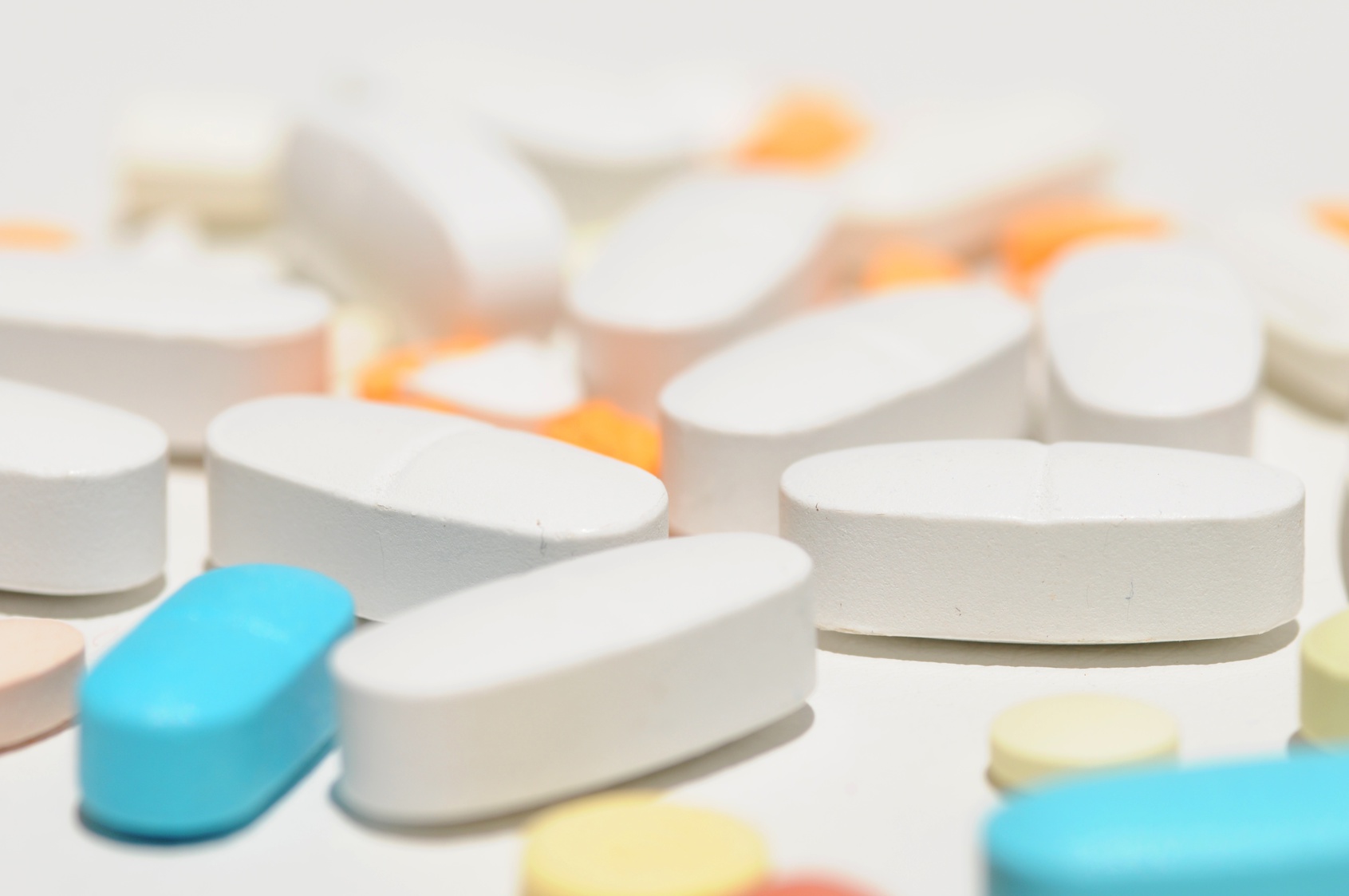DHA or docosahexaenoic acid is an omega-3 fatty acid which is essential for the growth and development of the brain in infants and is required for maintenance of normal brain function in adults. Based on the importance of this nutrient, most infant formulas now contain DHA. While infants can make DHA from other (“essential”) fatty acids in their diet, including fatty acids in infant formulas, some studies suggest that some infants, in particular premature infants, may benefit from DHA supplementation. Other studies observe no benefit.
An article in yesterday’s New York Times reviews the effects of supplementation of infant formula with DHA on infant brain development. Referring to a recent Cochrane Library meta-analysis which included 1,889 infants, there was no clear evidence that supplementation of formula with DHA improves infant brain development. On the other hand, this review found no harm from DHA supplementation.
The Cochrane analysis also noted that the quality of many of the studies included in the review were of low quality. So the jury is still out; however, supplementation with DHA appears to carry little risk.
“Even if you can’t easily prove it, because it’s hard to prove developmental outcomes, it makes sense to use it. It’s probably a good idea to keep it in there, and it’s certainly safe,” said Steven Abrams, MD, a professor of pediatrics at Dell Medical School at the University of Texas at Austin.
DHA Supplementation of Prenatal Vitamins
We always encourage our patients who are pregnant or planning to conceive to take prenatal vitamins which contain supplemental folic acid. However, now many prenatal vitamins now include DHA and tout the essential brain boosting effects of this nutrient. While DHA supplementation makes good sense, does it really make a difference?
Very little research has addressed this question. In one randomized clinical trial where women received either 800 mg of DHA or placebo during the last half of pregnancy, children were assessed at 4 years of age; the researchers observed that DHA supplementation carried no benefit in terms of general intelligence, language, and executive functioning. In a follow-up study carried out when the children were 7 years old, there were no differences in IQ or cognitive functioning between the two groups of children. (FYI: Most prenatal vitamins contain only 200 mg of DHA.)
More concerning was the finding that, according to parents answers on standardized questionnaires about their children’s behavior and executive functioning, parents in the DHA group reported a significant difference in behavioral problems compared to controls (total difficulties score 9.71 versus 8.63, respectively) and executive dysfunction (Global Executive composite 54.89 versus 52.54, respectively). This is not a huge difference but further studies are required to better understand the effects of DHA supplementation.
Ruta Nonacs, MD PhD
Gould JF, Treyvaud K, Yelland LN, Anderson PJ, Smithers LG, McPhee AJ, Makrides M. Seven-Year Follow-up of Children Born to Women in a Randomized Trial of Prenatal DHA Supplementation. JAMA. 2017 Mar 21;317(11):1173-1175.
Read More:
Do DHA Supplements Make Babies Smarter? (New York Times)
Findings show lack of benefit of prenatal DHA supplementation on IQ in children (JAMA Network)
Omega-3 Fish Oil And Pregnancy (American Pregnancy Association)








Leave A Comment